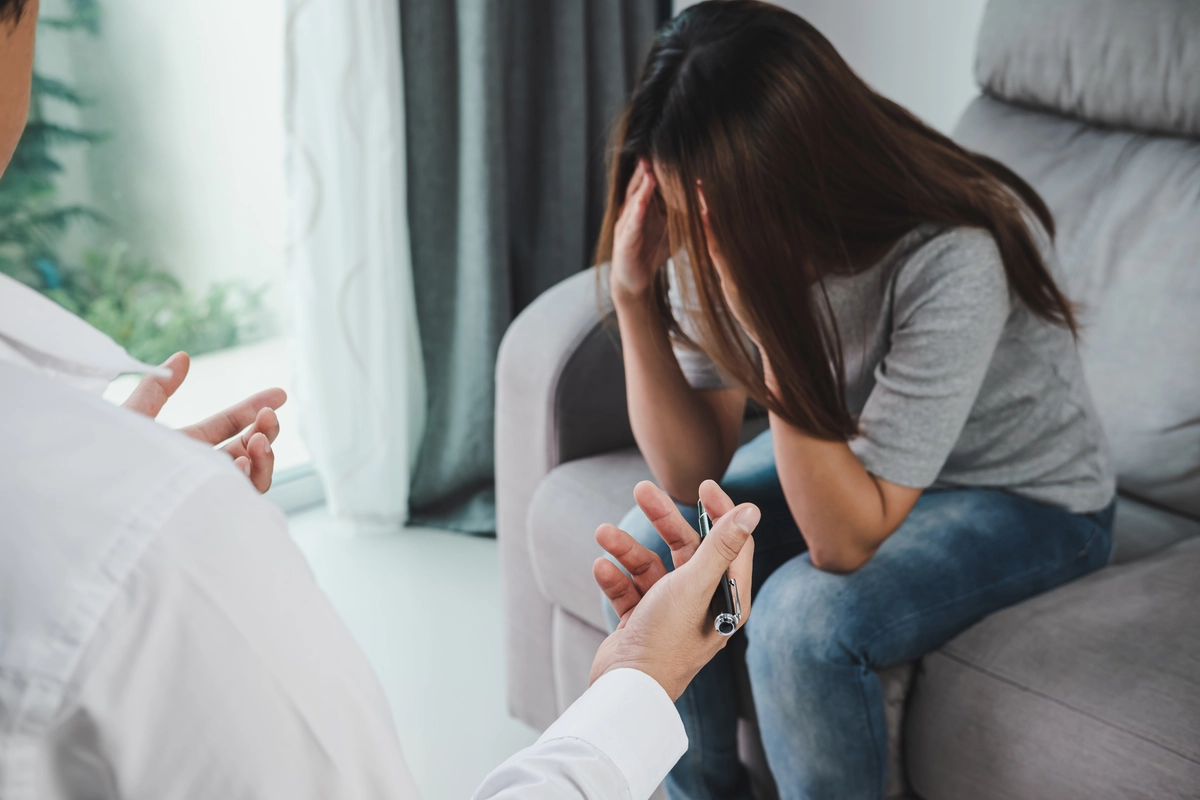24/7 Helpline:
(866) 899-111424/7 Helpline:
(866) 899-1114
Learn more about Eating Disorder Treatment centers in Lake Linden
Eating Disorder Treatment in Other Cities

Other Insurance Options

Anthem

UnitedHealth Group

Lucent

Ceridian

GEHA

Health Net

United Health Care

Horizon Healthcare Service

Carleon

Cigna

PHCS Network

Holman Group

CareSource

Meritain

Kaiser Permanente

MHNNet Behavioral Health

Covered California

Optum

Optima

Providence







Unified Community Services
Unified Community Services provides treatment for individuals for individuals struggling with mental...
























































































































































